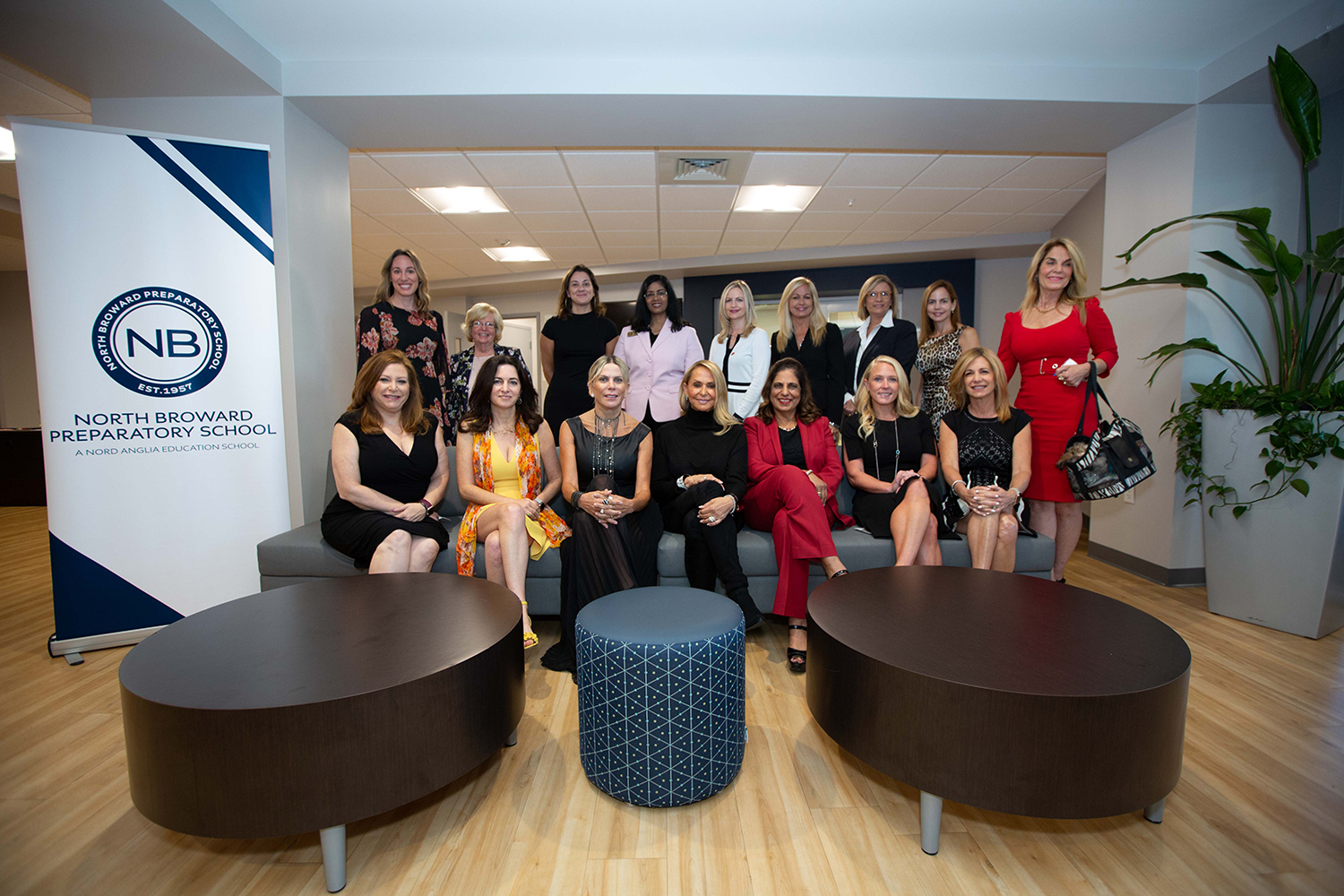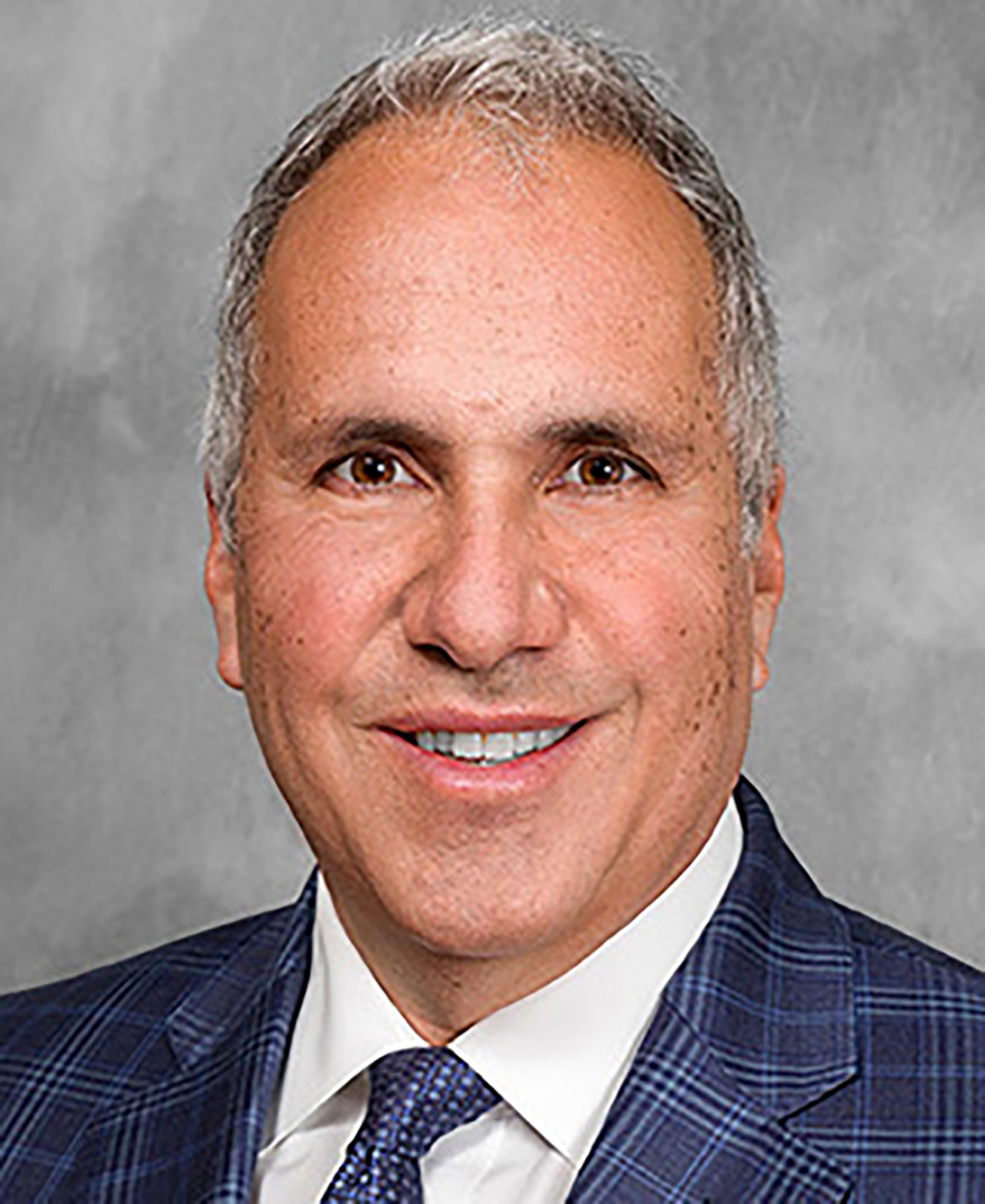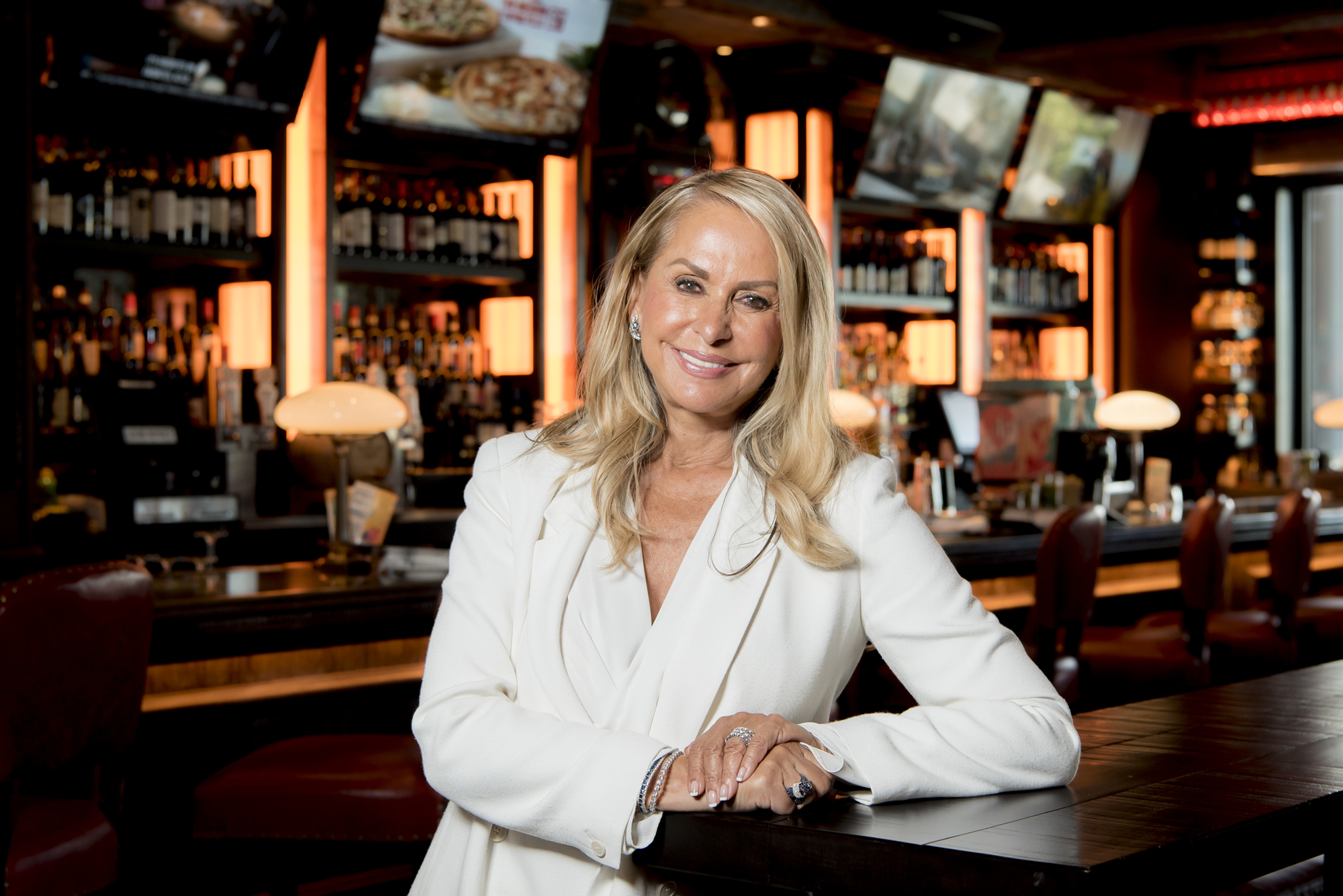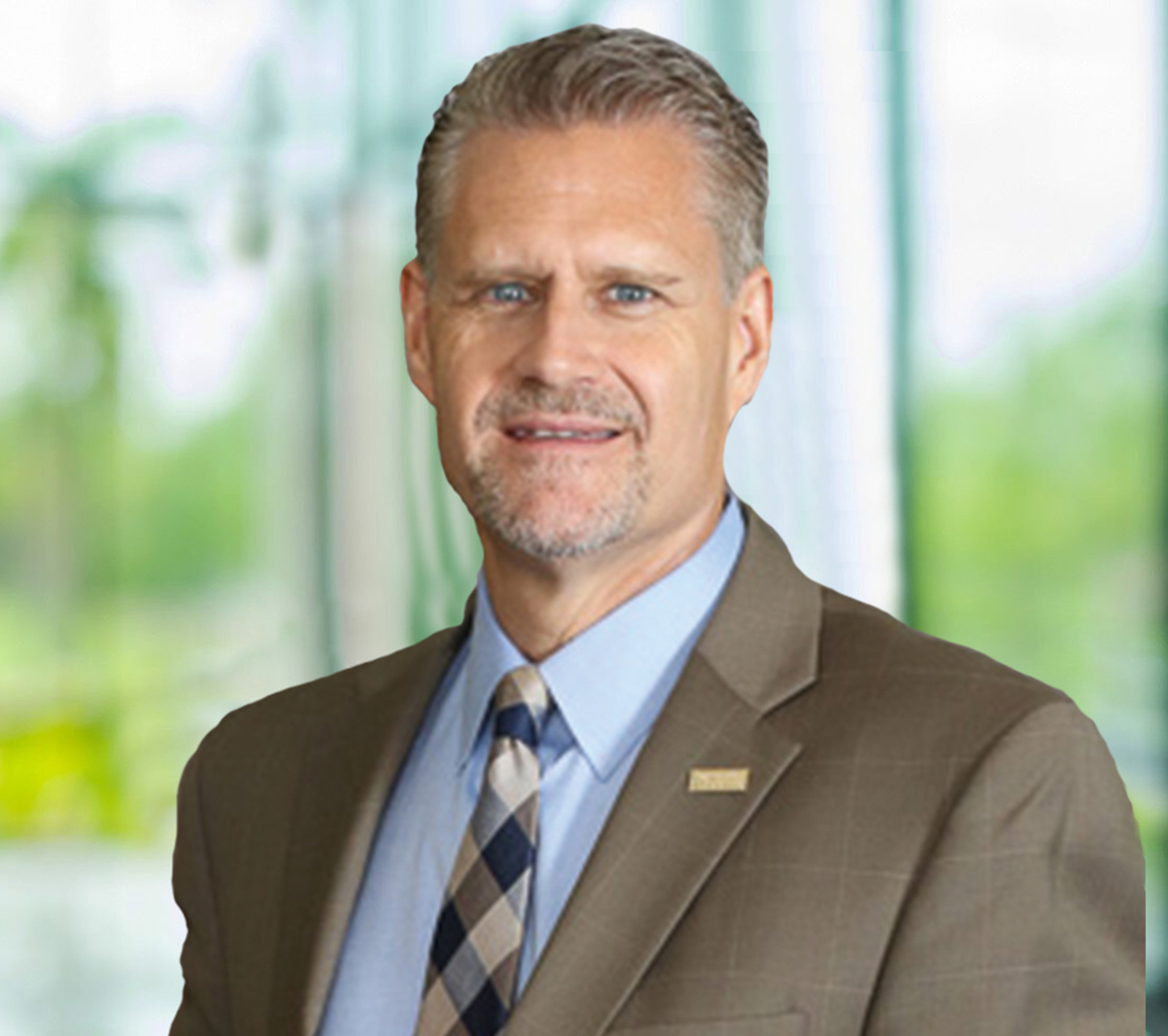Top executives discuss their most important asset, their employees
By Andrea Richard
In continuing the conversation on talent acquisition and retention, a panel of C-suite executives from health care, aviation, banking and technology fields gathered in May at the Peacock Garden Café in Coconut Grove.
One CEO called it—as many have—“the talent war.” Another executive divulged that competing companies consistently poach her company’s personnel. Loyalty is lax in this economy, says one panelist, and what keeps a staff member engaged might be a small gesture such as a personalized email along with a coffee gift card.
The executive roundtable is an invitation-only luncheon, and SFBW serves as the exclusive media sponsor. The moderator was Tom Hudson, vice president of news for WLRN television and radio. The panelists:
• Rick A. Kuci Jr., Grove Bank & Trust president and CEO.
• Kal Mistry, Vitas Healthcare chief administrative officer and executive vice president.
• Ed Wegel, AVi8 Air Capital co-founder and president.
• Scott Decker, MDLive CEO.
How’s business been?
Mistry: Seeing lots of growth. I think South Florida has so much to offer.
Wegel: South Florida’s aviation is a major growth sector. The Miami International Airport is the second international gateway in the U.S., after John F. Kennedy International Airport in New York.
Kuci: We are very bullish on Miami. The bank has been around for 90 years, so we’ve seen Miami in its infancy, when there were 100,000 people. Miami and South Florida are very attractive to the entire East, to the millennials who want to come to South Beach, to the hedge funds and large corporations that want to relocate in a business- and tax-friendly state.
We have two banks coming out of Arkansas that are buying banks in Florida. We have a bank from Louisiana coming into South Florida, Spanish banks even. People want to become a part of our business community. New ideas, new companies. We love seeing it.
Tell us about innovation and how your company is driving it.
Decker: Every day, we come to work trying to think about the consumer’s end in health care, and how we can make life easier for them. We are a very disruptive company and we think about change every day. We have something we call the “change pie,” and, basically, everybody has a wheel on their desk that says, “What am I going to change next to make this company better?”
It’s changing all the time. We have a very dynamic pie machine. It’s a philosophy, which I love, that the status quo is not going to cut it. Every day, you’re measured on what you are changing.
Mistry: I used to think, before I joined the company, that hospice was a place for people when they die. The team meets twice a week to review all the charts of the patients and discuss what their needs are and they share ideas. Innovation starts right there. The aim is to provide the highest quality of care.
Several years ago, we brought in tablets for our nurses, physicians and sales force. We found out that people were not adapting well to them, since it was hard to sync the data to the main servers and hard to use. As a result, through this failure, we’ve learned from our mistakes.
Kuci: In any business, innovation is essential and we’ve got to change with the times. How many people make deposits via their phone? We are constantly listening to our clients’ needs and keeping abreast of trends.
Wegel: It’s an interesting irony in that disruptive technologies have been taken for granted. Think about how you bought an airline ticket 30 years ago. Today, two hours before a flight you can get your boarding pass, which is sent to your smartphone.
How do you attract talent?
Mistry: As health care continues to grow, we are in a very competitive period. The biggest challenge we face is talent acquisition. We differentiate ourselves to bring talent to our company. First of all, I think it’s important to develop a culture within the company that people can resonate with. That’s one thing we have as an advantage since we were founded. We take care of each other. The founders made a clear mission and a culture and taught all the employees to remember it. It’s a culture of appreciation and caring.
We have a new-hire toolkit that comes with a booklet and a CD with messages from our executive team. Also, we find out why people are leaving and why people stay, so we can prevent people from leaving. But we face aggressive competition, with hospital systems, for example, trying to poach our employees. How do you really keep your employees? It’s something we are always thinking about.
Decker: I call it the talent war. For one, as leaders, we have to listen first because we have a multi-generational and multicultural workforce where one generation may not appeal to another. We are constantly trying to stay abreast to what they want to see, whether it’s training, a Starbucks gift card, a free day off or a happy hour on a Friday. It’s those little things that show you care that go a long way.
Wegel: In our changing economy, we found that the loyalty factor has diminished. People will quit for more reasons today than they did before. So the way we lead and manage employees has changed now, because of their perception of how we are supposed to be.
Where do employers go wrong with the talent wars?
Decker: The thing I’ve come to appreciate over the years is you really have to personalize the business. Every Sunday, I spend an hour or two writing emails about what happened last week and the things I’m working on. I constantly think about how I can make my employees feel more connected. It is much harder now, because people worked at a company for a lifetime.
Wegel: I do the same thing, send out an email each week going over things we’ve done. The staff needs to feel a connection to a company, and that full communication gives them that transparency so they know what’s going on.
Mistry: We have a company newsletter filled with stories about employees and patients, and it also includes important information that employees need. We also publish a wellness newsletter, so that’s one of the ways we communicate. And it needs to come at the local level. Managers need to talk to employees and communicate the messages, on at least a bimonthly basis. And from our experience, that’s helped keep people engaged. ♦









